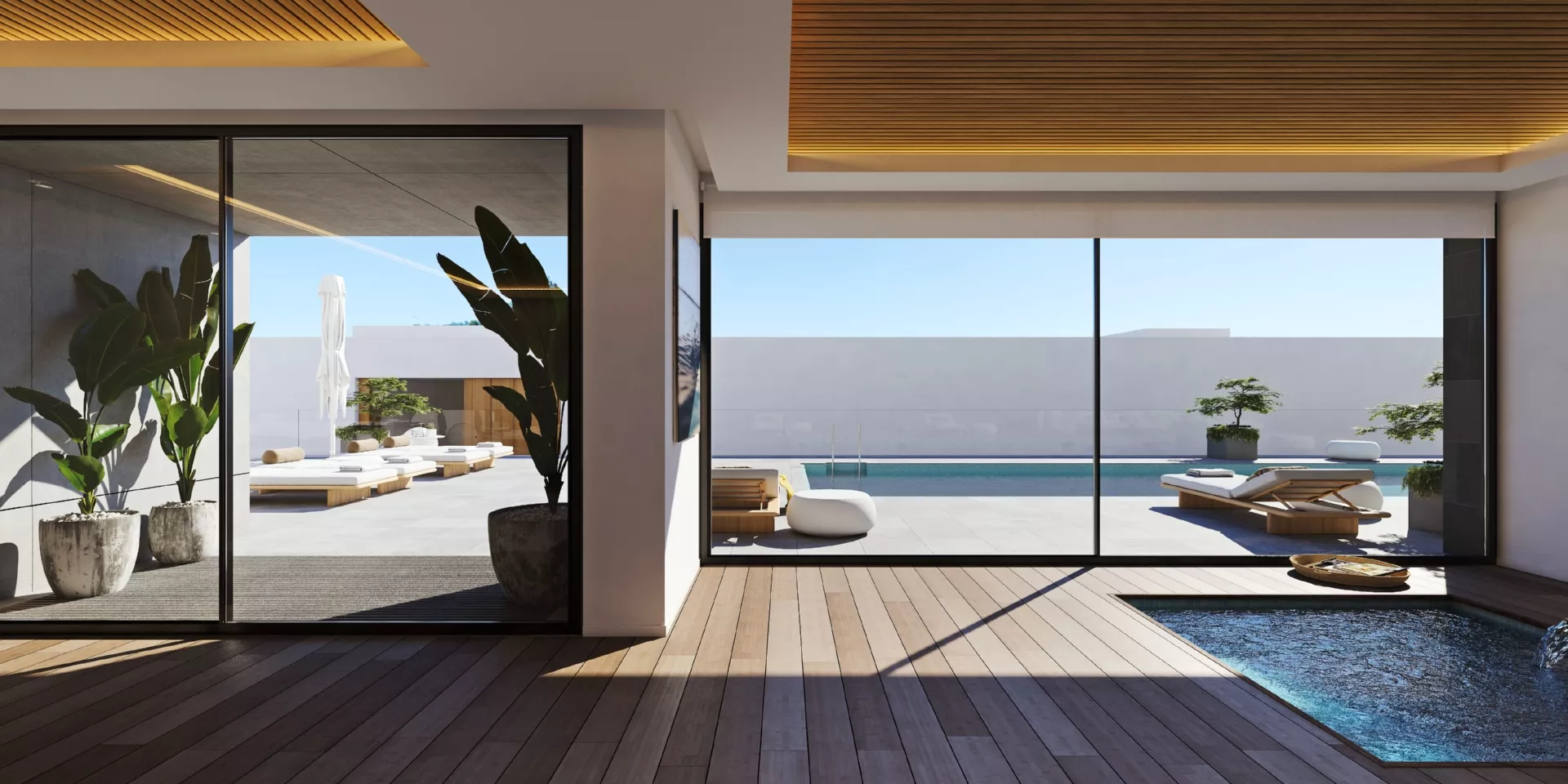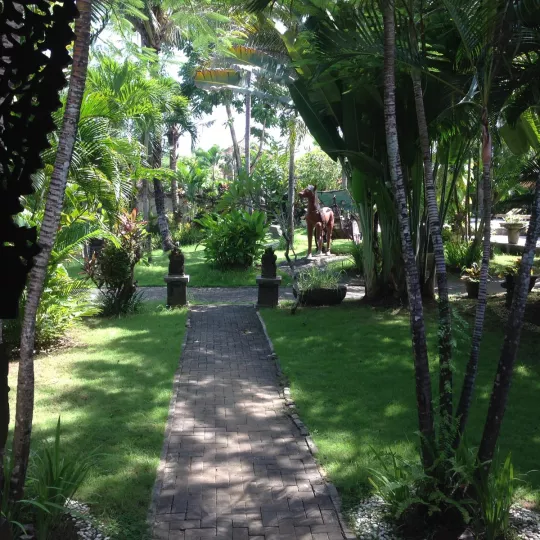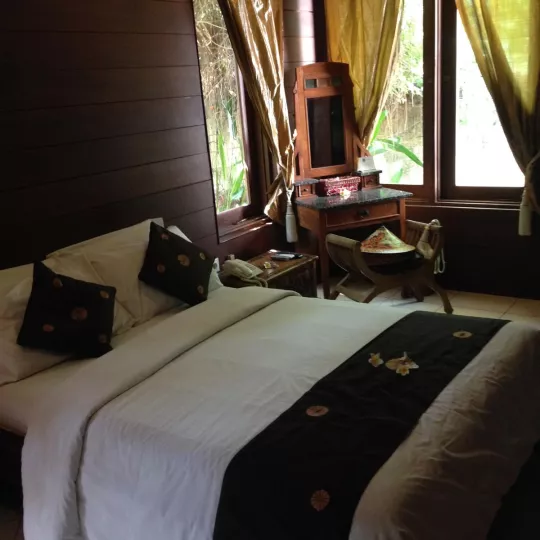How much can you earn by renting out an apartment in Thailand?
27 January 2025

Renting an apartment in Thailand can be a quite profitable business, especially in popular tourist areas. However, the final profitability depends on several factors, including location, type of property, seasonality, and rental strategy (long-term or short-term). Let’s take a closer look at what income can be expected from renting an apartment in Thailand.
1. Types of Rentals
- Short-Term Rentals: Usually done through platforms like Airbnb or Booking.com. This strategy allows owners to earn more during peak seasons when demand for housing is high. For example, in tourist cities like Pattaya or Phuket, daily rental rates can range from 1,500 to 5,000 Baht (approximately 45 to 150 USD) depending on the location and amenities.
- Long-Term Rentals: Typically agreed upon for a period of 6 months to 1 year. In this case, the rent may be lower, but the income is more stable. The average monthly rent for an apartment in Bangkok or Pattaya can range from 15,000 to 30,000 Baht (from 450 to 900 USD), depending on the area and condition of the apartment.
2. Location
Location plays a key role in determining rental prices. For example:
- Bangkok: In the city center, rental prices can be significantly higher than in the outskirts. Apartments in popular areas such as Sukhumvit or Silom can cost between 25,000 and 50,000 Baht (between 750 and 1,500 USD) per month.
- Pattaya: Apartments near the beach or in tourist areas can bring in 20,000–40,000 Baht (between 600 and 1,200 USD) per month.
- Phuket: Villas and apartments by the sea can cost between 30,000 and 70,000 Baht (between 900 and 2,100 USD) per month.
3. Seasonality
Thailand has high and low tourist seasons, which also affect rental income:
- High Season: This period runs from November to February when the most tourists visit the country. During this time, maximum income from short-term rentals can be expected.
- Low Season: From May to October is the rainy season when demand for rentals decreases. During this time, income may be lower, and landlords may offer discounts.
4. Additional Costs
It is important to note that additional costs may arise when renting out an apartment:
- Property Management: If you do not plan to manage the property yourself, you will need to pay property management companies or agents.
- Taxes: Taxes on rental income need to be considered, which can vary depending on the amount of income.
- Maintenance and Repairs: Regular maintenance costs of the apartment should also be taken into account.



